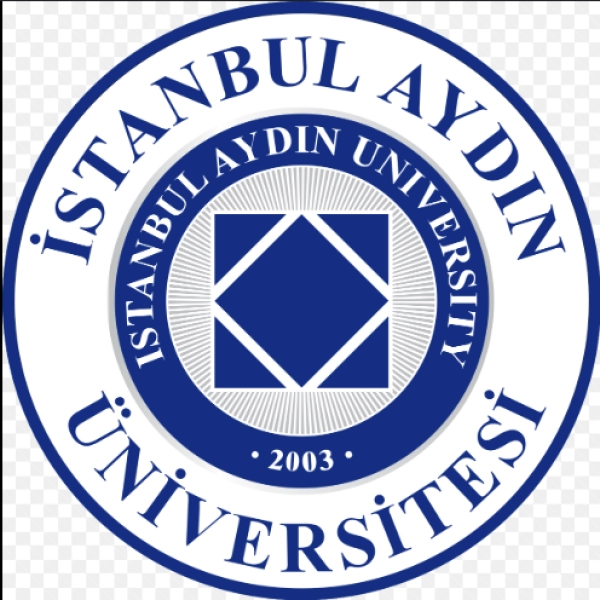Faculty: Institute of Graduate Programs
This specialization provides a comprehensive understanding of the principles and practices of international economics, focusing on the study of global economic systems, trade, finance, and development. Students will explore key topics such as international trade theory, global financial markets, economic policy, and the impact of globalization. The specialization emphasizes integrating theoretical knowledge and practical skills to prepare students for careers in international business, economic policy, finance, and development organizations.
Learning Objectives:
- Understand the basic principles of international economics and their role in shaping global economic systems.
- Develop skills in analyzing international trade patterns, financial flows, and economic policies.
- Learn techniques to assess the impact of globalization on economies and societies.
- Explore principles of international trade theory and policy, including tariffs, quotas, and trade agreements.
- Understand the workings of global financial markets and the role of international financial institutions.
- Analyze the challenges and opportunities for working in international economics.
- Develop critical thinking and problem-solving skills to address contemporary global economic issues.
Main Outline:
- Introduction to International Economics
- An overview of international economics, its history, and its significance in the global economy.
- International Trade Theory
- Study of classical and modern trade theories, including comparative advantage, factor endowments, and new trade theory.
- Techniques for analyzing trade patterns and gains from trade.
- International Trade Policy
- Principles of trade policy, including tariffs, quotas, and non-tariff barriers.
- Techniques to assess the impact of trade policies on economies and industries.
- Global Financial Markets
- Basics of global financial markets, including foreign exchange markets, international capital flows, and the balance of payments.
- Techniques for understanding the role of exchange rates and financial instruments in international finance.
- International Economic Institutions
- Study of international economic institutions such as the World Trade Organization, International Monetary Fund, and World Bank.
- Techniques for analyzing the role of these institutions in global economic governance.
- Economic Development and Globalization
- Analysis of economic development theories and the impact of globalization on developing and advanced economies.
- Techniques to understand the challenges and opportunities of economic development in a globalized world.
- International Economic Policy
- Principles of international economic policy, including monetary policy, fiscal policy, and trade agreements.
- Techniques for designing and evaluating economic policies in an international context.
- Emerging Trends in International Economics
- The impact of emerging trends such as digital trade, climate change, and geopolitical shifts on international economics.
- Techniques for addressing contemporary global economic challenges through innovative approaches.
Assessment Methods:
- Research papers and projects to evaluate understanding of international economic principles.
- Written assignments and presentations to assess knowledge of trade theories and financial markets.
- Participation in group discussions and debates on contemporary global economic issues.
- Case studies and policy analysis to apply theoretical knowledge to real-world economic challenges.
Recommended Textbooks:
- "International Economics: Theory and Policy" by Paul R. Krugman, Maurice Obstfeld, and Marc Melitz.
- "Globalization and Its Discontents" by Joseph E. Stiglitz.
- "The World Economy: A Millennial Perspective" by Angus Maddison.
Prerequisites:
Basic knowledge of economics, mathematics, and statistics is recommended. This specialization is suitable for students in economics, business, international relations, and related fields.
Duration of Specialization:
This specialization typically lasts for four academic years, combining lectures, research projects, and practical training.
Certification:
Upon successful completion, students may earn a degree in international economics, depending on the program and institution.
Target Audience:
This specialization is designed for undergraduate and graduate students in economics, business, international relations, and related fields, as well as professionals seeking to enhance their skills in international economics. This specialization prepares students and professionals to face global economic challenges and contribute to the development of sustainable and inclusive economic policies.

